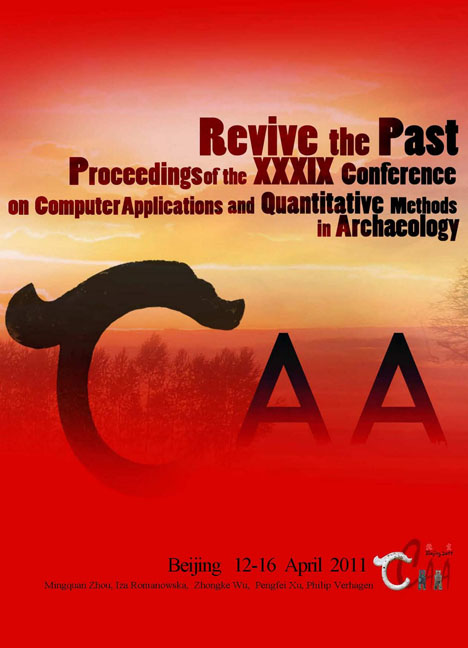 Revive the Past
Revive the Past Being Formal and Flexible: Semantic Wiki as an Archaeological e-Science Infrastructure
Published online by Cambridge University Press: 23 June 2021
Summary
Abstract:
The multiple challenges of representing archaeological information both using relational databases and semantic web technologies have been acknowledged in the literature. The present paper discusses findings and observations from an action research study on developing an integrated semantic digital data archive and collaboration platform for archaeological and archaeology related research using a semantic wiki based approach. The observations and findings from the project demonstrate that the discussed approach provides means to address some of the problems related to pre-coordinated formal representation of archaeological knowledge. At the same, the study stresses the importance of a full understanding of the implications of the both old and new systems of knowledge representation. Otherwise the new systems may introduce implicit infrastructural bias comparable to the ones addressed by the novel approach.
Key Words: Semantic Web, Documentation, Linked Data, Semantic Wikis, Information Management
Introduction
Digital data archives are a central component of collaborative e-Science infrastructures in scientific and scholarly research (Borgman 2007). Archaeologists have acknowledged the need for standardised but at the same time flexible and contextually adaptable repositories of archaeological data (Lock 2003). Even if there has been a drive to develop universal solutions, the experiences have shown that many of the most successful digital repositories have been in some sense ‘local’ (e.g. Sure and Studer 2005, Shaw et al. 2009). Both technologies and individual repositories have their origins in certain areas and philosophies of knowledge that makes them particularly successful in those specific areas. For instance, a database of facts is ‘local’ and useful in contexts based on formal and atomistic modes of knowledge, but at the same time, such a database might be less useful for an individual who leans on the hermeneutic tradition of knowledge (Shaw et al. 2009).
Many of the challenges related to universality have been recognised for some time (Fox and Marchionini 1998). One of the central problems of many universal knowledge systems is the implicitness (Olson and Schlegl 1999) and incoherence of their underlying theories of knowledge. As Blandford et al. (2001) remark, users become easily disoriented with seemingly consistent, but internally inconsistent universal systems, which do not correspond with their own conceptions and experiences of how information should be organised (Huvila 2006). A poor match between digital repositories and their users means that a user does not get relevant information in exchange for his investment of time and effort.
- Type
- Chapter
- Information
- Revive the PastProceedings of the 39th Conference of Computer Applications and Quantitative Methods in Archaeology, pp. 186 - 197Publisher: Amsterdam University PressPrint publication year: 2012
- 3
- Cited by


